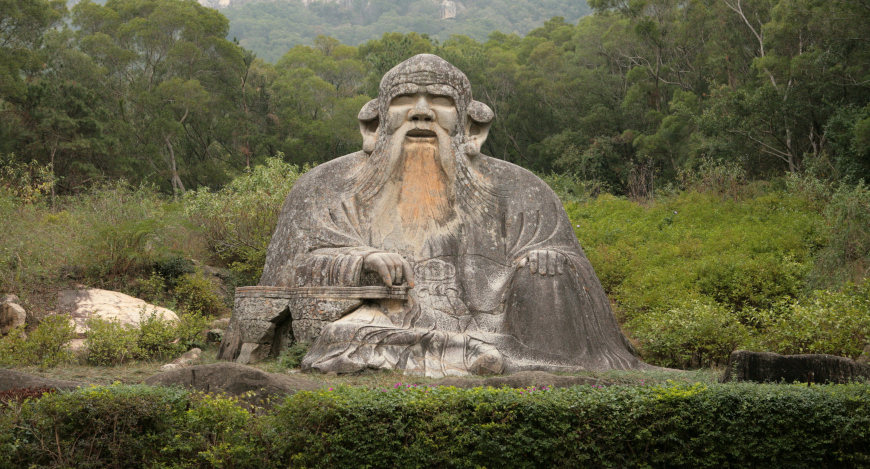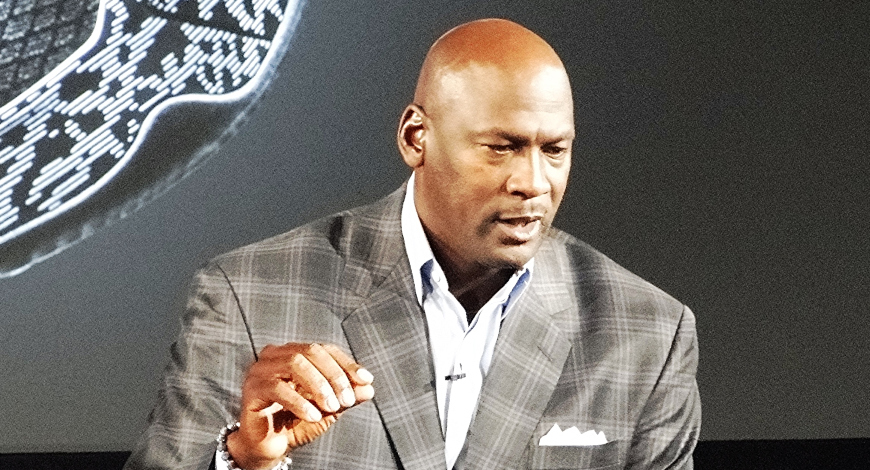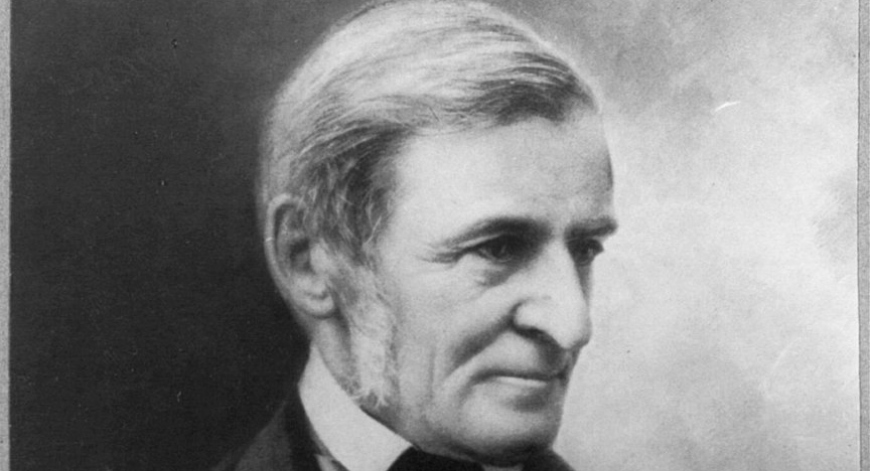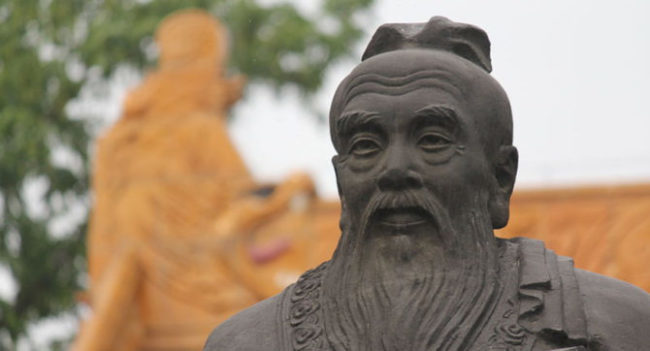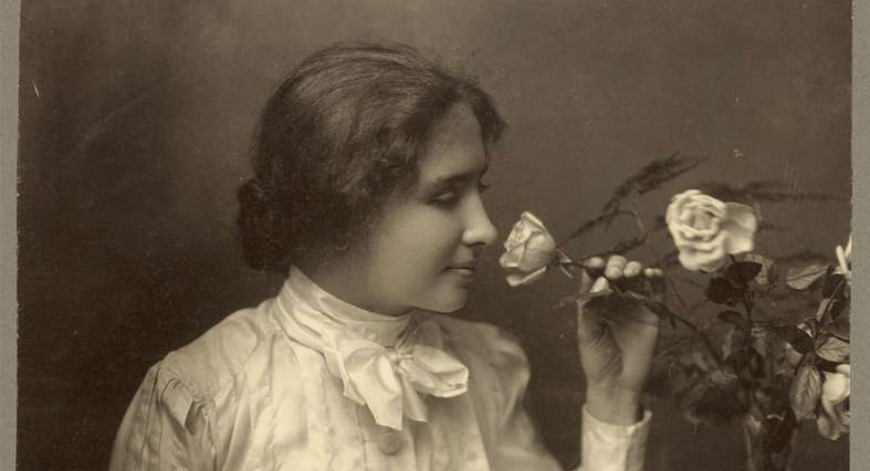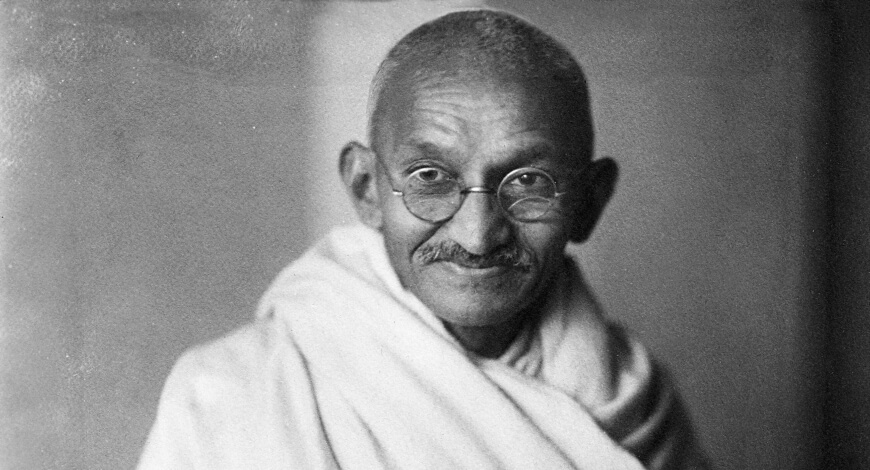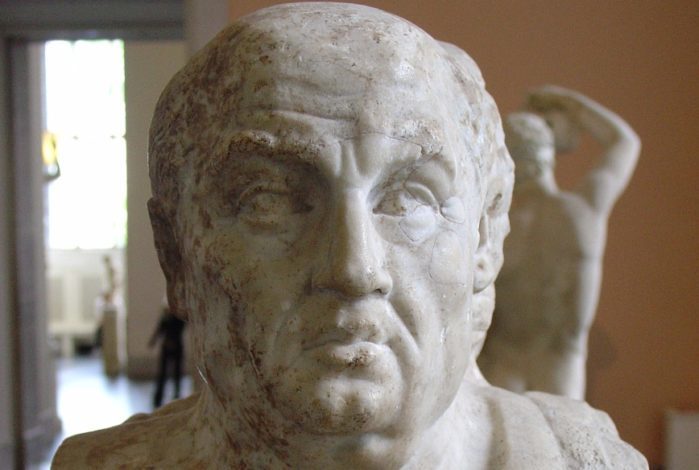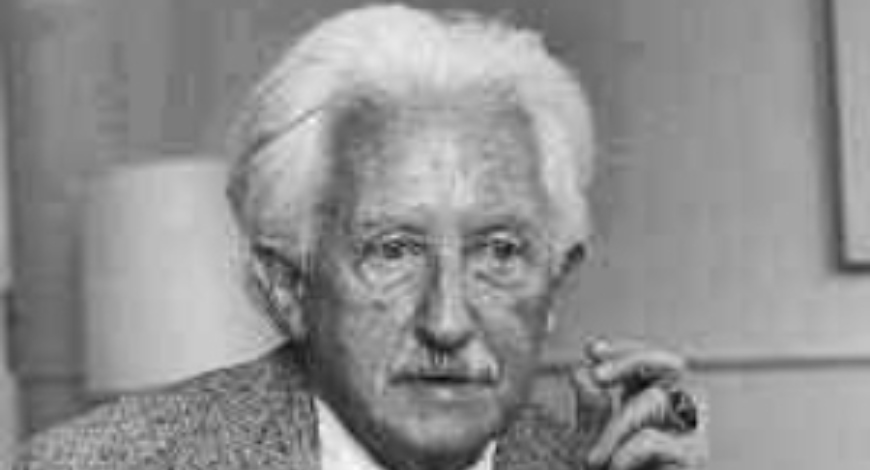All students have strong opinions about friends. They are in the process of making friendships and ending them. Students have different perspectives on how many friends they should have. Some believe that friends should come in large numbers. Others believe the word ‘friend’ should be reserved for the very few. Forming healthy friendships is an important part of human development which requires thoughtful reflection and ethical decision-making.
Sometimes doing the right thing means that you will face scorn and ridicule from other people. Often this opposition takes the form of angry words thrown against us. As much as these words hurt us, there is a different kind of pain we feel when those in whom we place our trust end up letting us down. Friends and enemies have the power to injure us and so we must find strategies for coping with both situations.
The old adage “Just be yourself” looks good on paper but gets pretty scary in the real world when we must rely on our own instincts to make decisions. Dangers abound. What if we make a mistake and hurt somebody? These fears– fueled by lack of confidence– cause us to look to other people to do the thinking and acting for us. Our role models inspire us to be better, but sometimes they become convenient ways to escape the responsibility we have to be the best versions of ourselves.
Students know what it feels like to be hurt. When they are hurt, they have choices to make about how to treat the people who hurt them. These choices give them opportunities to demonstrate empathy and respect for others and to preserve relationships, or break them off. Forgiveness is a moral choice which strikes at the heart of ethical decision-making.
The ability to work in a team is touted by teachers, employers and coaches as an indispensable skill. Alone, people can accomplish great things but when people work as a team the potential for success skyrockets. Students know this in theory but when it comes to accepting the reality of working with others who have different styles and motivations, all of a sudden teamwork feels like a heavy burden.
Students learn a great deal about respect inside the classroom walls. Not only do they pay attention to how their teachers and classmates treat them, but they also carry expectations for how they should act in return. Mutual respect in the classroom is a noble goal in theory, but hard to achieve because either the student or the teacher is unable to hold up his/her end of the deal. Without mutual respect, learning is elusive and the classroom is quickly gripped by misbehavior and personal conflict.
Respect is something all students want. The question is how to get it. Students are told that if they hold themselves in high regard, people will want to be around them. They are also told that respect comes from doing things for others. Though the path towards respect is different for people, all agree that it is a worthwhile pursuit and leads to greater self-awareness and self-efficacy.
Cooperation is not a foreign concept for students. They are told at all stages of life that it is important to cooperate with others. It is also the case that they are expected to be self-reliant and not afraid to accept the hard work that comes with doing things alone.
Sacrifice requires that we do things today that don’t have immediate benefits for ourselves; but help others instead. Students have generous hearts but, for the most part, are focused on their own successes and sometimes resist the moral obligation to sacrifice for others.
When students interact with others, they have lots of moral decisions to make. It’s hard for them to decide exactly how to treat other people, especially strangers, since many times they don’t have much information to go on and so they must rely on their intuitive judgements and best guesses. How they decide to act reflects deeply upon their characters.
We experience life with other people. This is true in our families, schools and workplaces. We are taught the importance of being individuals and being responsible for our own actions, yet many of our life experiences involve others and our successes and failures are determined by how well we are able to work with other people.
Every student knows a little something about enemies and conflict. They don’t get along with everybody and these inevitable conflicts force them to make choices about how to treat other people. These choices have real consequences as they impact their capacities to build and sustain friendships.




